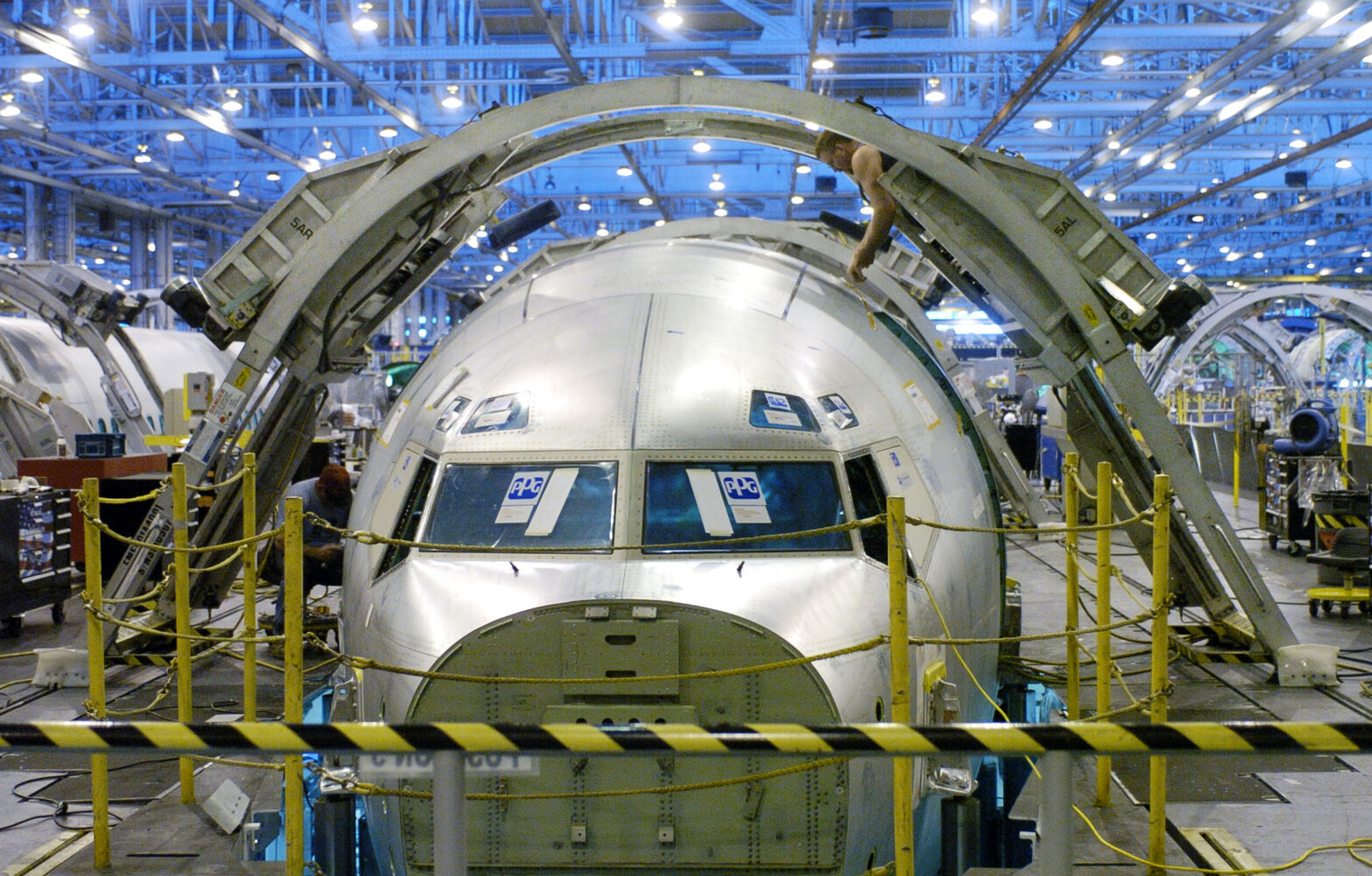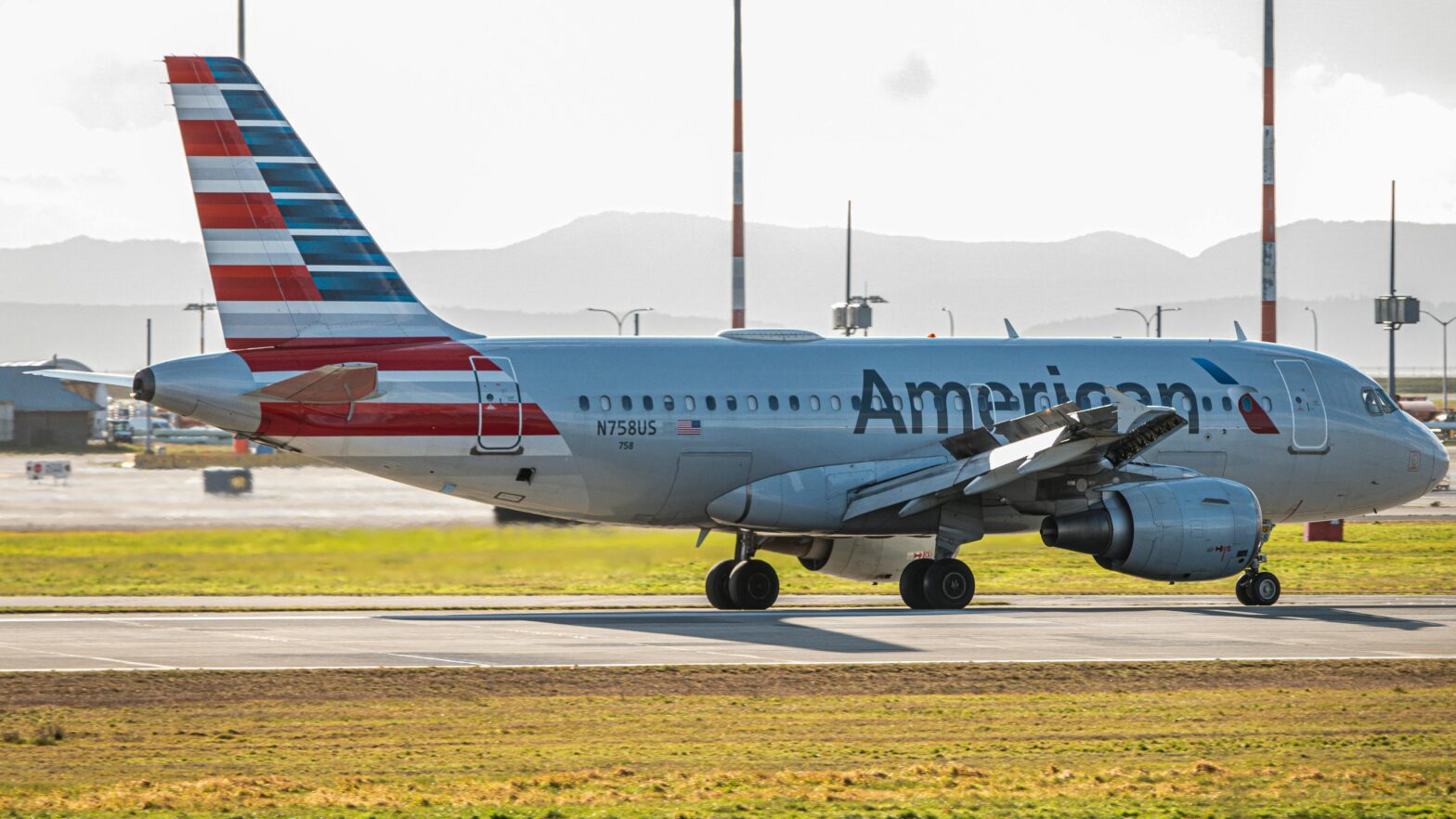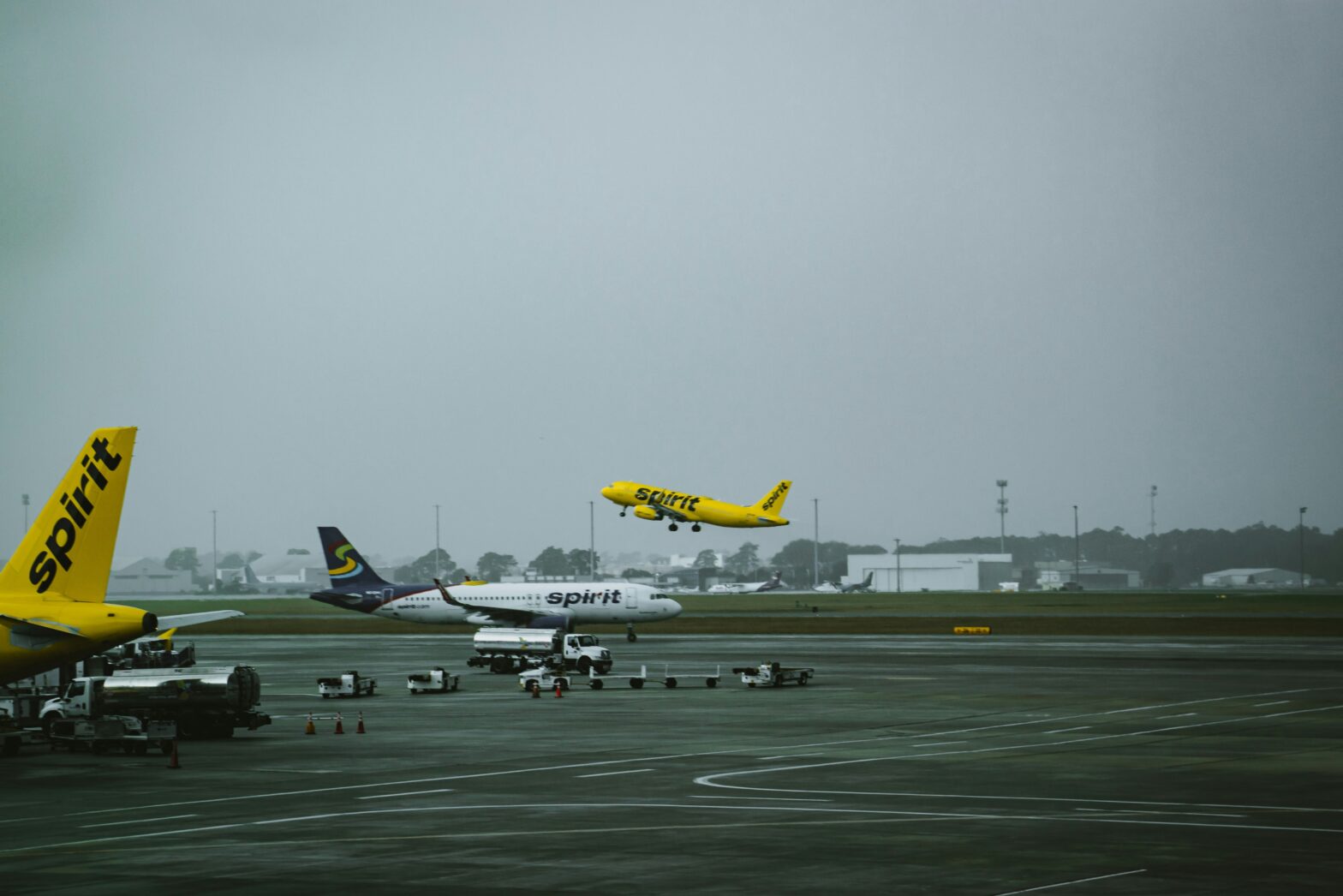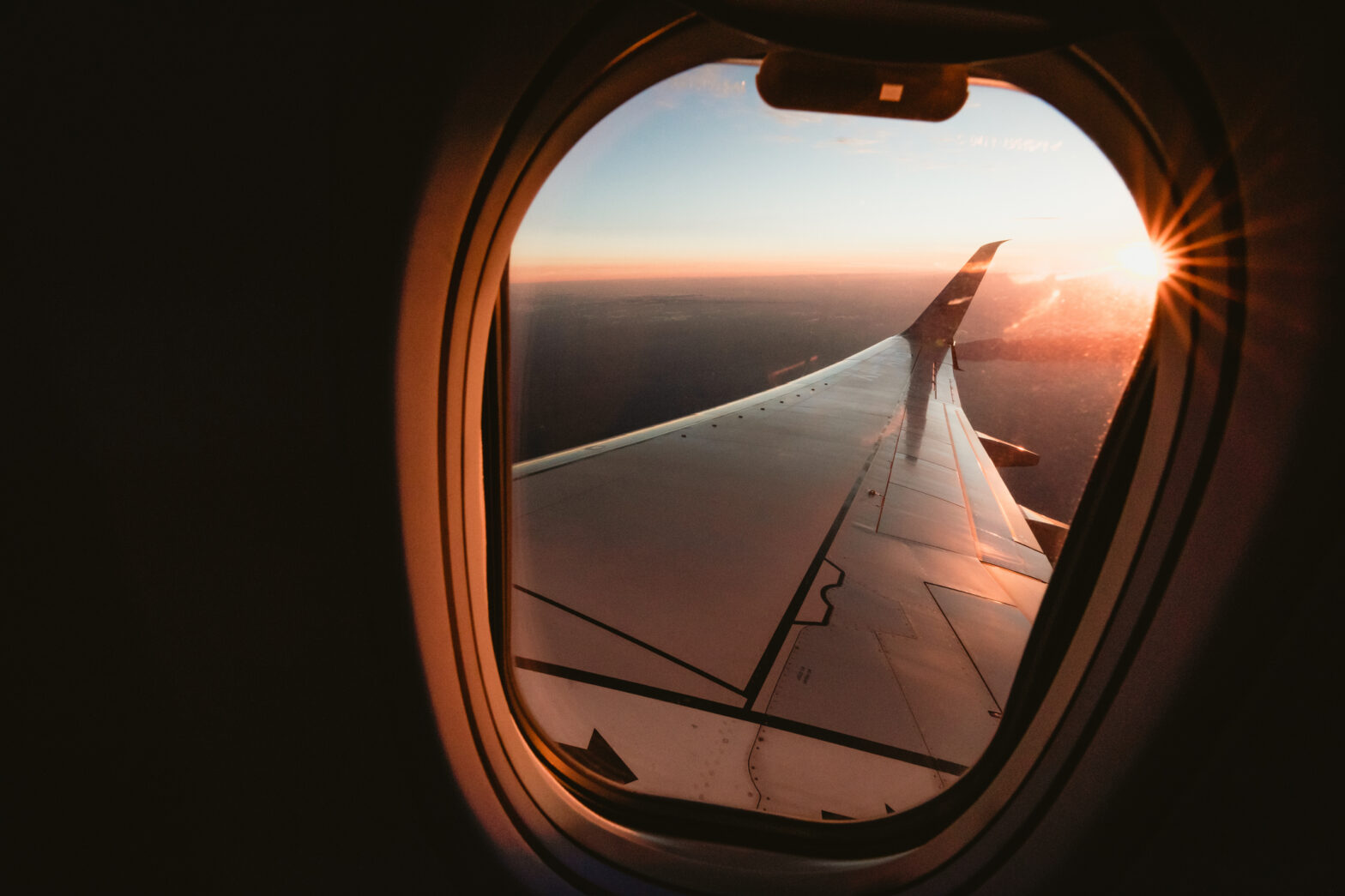The Trump administration’s late July agreement with the European Union (EU) will, among other things, free the relevant aviation supply chain from tariffs.
According to Business Insider, U.S. President Donald Trump and European Commission President Ursula von der Leyen agreed to a trade deal on July 27. Notably, the European Commission is the EU’s executive branch. The transatlantic deal includes zero tariffs on aircraft and aviation parts traded between the U.S. and the EU.
General Aviation Manufacturers Association President and CEO James Viola commented positively on the Trump administration’s deal with the EU. National Business Aviation Association President and CEO Ed Bolen did as well. According to the Office of the U.S. Trade Representative, Airlines for America and Delta Air Lines also offered optimistic sentiments about the deal’s potential impact on the aviation industry.
Before the deal was reached, many aviation industry players feared that airplane production costs — and related subsequent expenses — would rise due to Trump’s tariffs.
What Else Is There To Know About The U.S.-EU Trade Deal?
The new transatlantic deal includes the EU investing $600 billion in the United States. Most European imports to the U.S. will be subject to a 15% tariff.
Trump and von der Leyen signed off on the historic trade deal just ahead of August 1, when the U.S. president’s tariffs on dozens of countries across the globe went into effect. Trump’s administration referred to the day he announced the widespread implementation of tariffs on America’s trade partners as “Liberation Day.” The upcharge represents as much as a 50% increase on goods entering the United States.
On July 26, von der Leyen issued a statement about the U.S.-EU trade deal. She said that other goods the transatlantic partners have chosen to apply zero tariffs to include natural resources, certain chemicals, agricultural products, and more.
“This is a deal between the two largest economies in the world. We trade USD 1.7 trillion per year. Together, we are a market of 800 million people. And we are nearly 44% of global GDP,” said von der Leyen.





